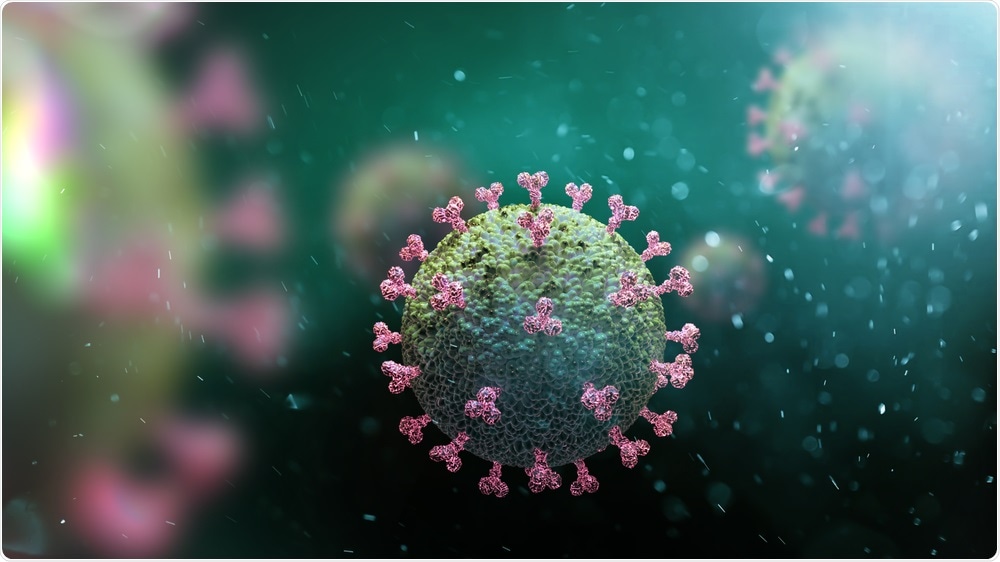The lack of effective and approved treatments for COVID-19 is forcing certain hospitals to use blood plasma from the recovering COVID patients to treat those who have severe COVID symptoms. Antibodies present in the blood of recovered patients act against the novel coronavirus.

Image Credit: Andrii Vodolazhskyi/Shutterstock.com
Although plasma is yet to demonstrate a clear benefit in randomized trials, certain small retrospective studies indicate that it may decrease hospitalization time and the severity of illness.
Scientists have now reported that the concentrations of antibodies in the blood of COVID-19 patients drop quickly during the weeks after the virus is removed from their bodies and after the symptoms have reduced. The study was recently published in an open-access journal of the American Society for Microbiology, mBio.
The authors concluded that if convalescent plasma is eventually demonstrated to have a clear advantage, then it should be gathered through a specific window of time following recovery. But recovering patients cannot donate blood until a minimum of 14 days after the symptoms have diminished, to give the body enough time to remove the viral particles.
We don't want to transfuse the virus, just transfuse the antibodies. But at the same time, our work shows that the capacity of the plasma to neutralize viral particles is going down during those first weeks.”
Andrés Finzi, PhD, University of Montreal
Finzi added that the spike protein of SARS-CoV-2 plays a crucial role in aiding the virus to catch and enter the host cells. Antibodies generated by the body’s immune system attach to a portion of this protein and inhibit the ability of this “key” to engage with the cellular “lock” of the host, inhibiting the viral particle from infecting a cell host.
Earlier studies indicate that antibodies against the SARS-CoV-2 spike protein become intense two or three weeks following the onset of symptoms. Discoveries from a previous cross-sectional study by Finzi’s team, involving over 100 patients, indicated that the capability of plasma to neutralize the virus reduced considerably between three to six weeks after the onset of symptoms.
As part of their new longitudinal study, Finzi and his collaborators examined blood samples gathered at one-month intervals from a total of 31 individuals recovering from COVID-19 disease. They assessed the levels of immunoglobulins that act against the coronavirus S protein and examined the capability of the antibodies to neutralize the virus.
The team noted a difference on the level of individual patients but detected a stable overall signal: The levels of Immunoglobulins A, G, and M that target the site of binding reduced between 6 to 10 weeks after the symptoms started. The potential of the antibodies to neutralize the virus similarly fell during the same time period.
Finzi’s team has continued to examine the blood samples collected from the patients. He added that interpreting how the antibodies levels change over time is vital for improving the use of convalescent plasma and also for interpreting the efficacy of vaccines and whether or not previously infected individuals are at risk of re-infection.
How long do antibodies protect you?”
Andrés Finzi, PhD, University of Montreal
The other studies of Finzi focus on the immune response to human immunodeficiency virus (HIV), which varies significantly from SARS-CoV-2.
Source:
Journal reference:
Beaudoin-Bussières, G., et al. (2020) Decline of Humoral Responses against SARS-CoV-2 Spike in Convalescent Individuals. mBio. doi.org/10.1128/mBio.02590-20.